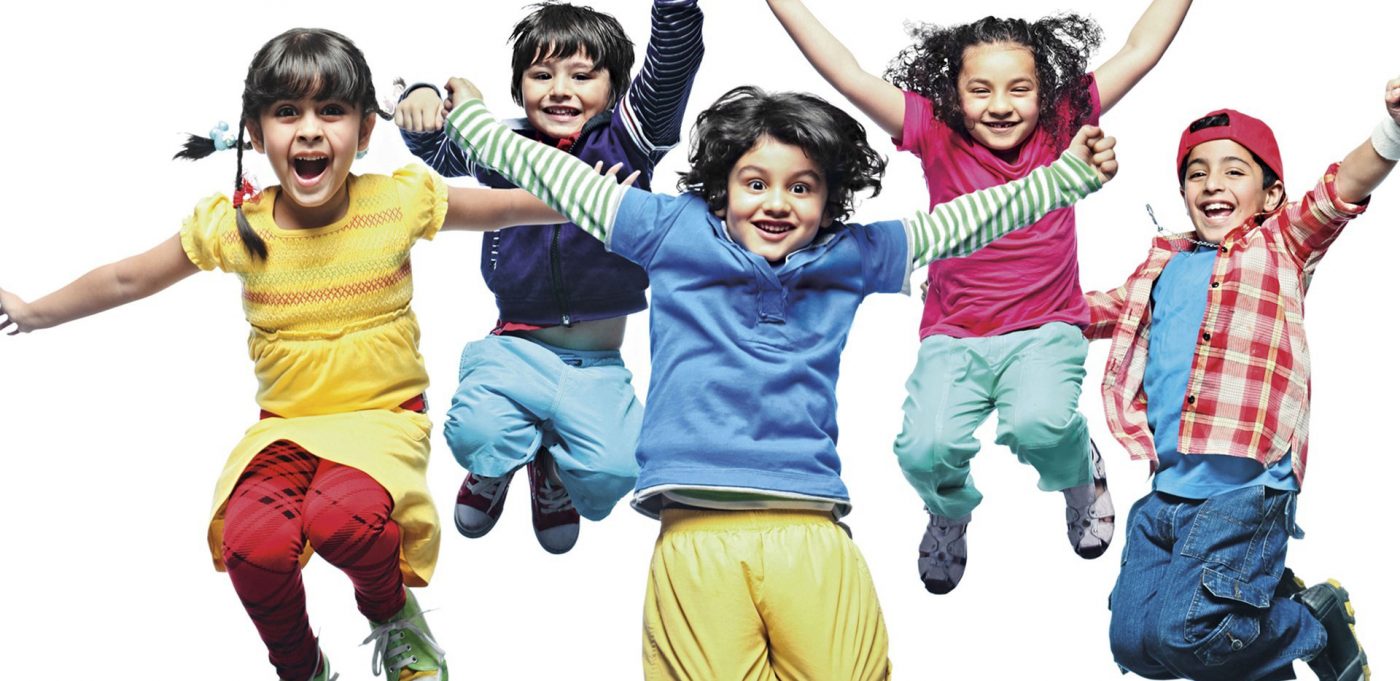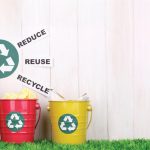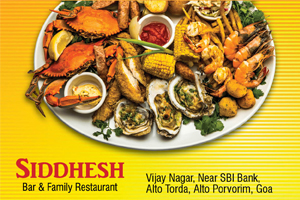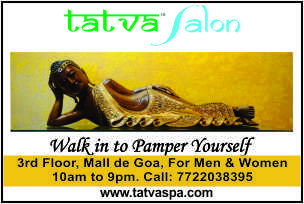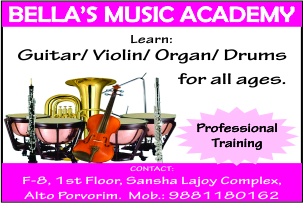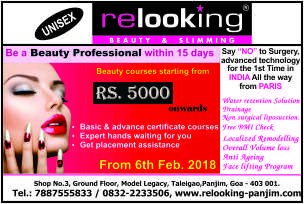DR. JYOTI HEGDE
According to Felicia Nazareth, a child is just like an uncut diamond. Just like a diamond, it is very important to shape a child’s life in such a way, so as to let him/her grow into a wonderful person.
I realised the true meaning of this only through the experiences that I had as a parent.
When my daughter, Aditi was 4 years old and we would take her for any family function, relatives would come and try to start a conversation with her. I noticed that the same Aditi who was talkative at home would be shy and hide behind me. She would just refuse to answer any question that was being asked. After such an incident I would realise that I need to work on her social skills and would encourage her to speak to people other than the family. For that, I would Google “how to increase social skills in a 4-year-old.” 3 years passed in this way, discovering and identifying areas which I need to work on Aditi to shape her into a better person. So it was parenting which helped me develop a deep interest in the concept of life skills.
I have recently joined my husband Amey Hegde who is a Corporate Behavioural Trainer, in the field of Polishing Real Diamonds life skills training for adults. Due to my various experiences with Aditi, I am keenly interested in conducting sessions on life skills for kids too.
But what are life skills?
In simple words, life skills are the skills we need to deal effectively with the challenges of everyday life.
According to the World Health Organisation (WHO), Life skills fall into 3 basic categories:
1. Coping and self-management skills – which are skills to manage self.
2. Interpersonal and communication skills – which are social skills needed while interacting with others.
3. Critical thinking and decision making skills -Which are thinking related skills.
Let us explore the benefits of each category of life skills:
Self-management skills help you know your strengths and weaknesses, increase your self-confidence, help in managing your feelings, help in stress management and goal setting.
Let’s take the case of Tina and Meena. Both are exposed to the same pressure related to studies, but Meena who is able to use self-management skills like time management skills, relaxation techniques, and positive thinking is able to cope with stress better than Tina, who didn’t have these skills.
Second, we have social skills which help to develop effective communication, empathy and active listening skills needed for relationship building.
Let’s talk about 2 sisters, Anita and Neeta, who had to change their school frequently due to their father’s job transfer. Anita was able to make friends more easily and adjust faster as she had good social skills such as communication, listening, empathy etc. whereas Neeta found it difficult to adjust as she lacked social skills.
One of my friends Pooja complains that when she is speaking to her son, Karan she finds him looking at the wall or at the floor or into his mobile/ tab/laptop and Pooja feels that she is talking to the walls and Karan gets a shouting for not listening. On the other hand, if Karan had listened attentively with eye contact and nodding his head, Pooja would have felt good.
Third, we have critical thinking and decision making skills which help in problem-solving and taking better decisions.
Let’s take the case of Ram and Shyam. While choosing a career, Ram who has critical thinking and decision making skills will analyse all the options available and evaluate them carefully before coming to a final decision of choosing the stream he wants to join.
On the other hand, Shyam may take an impulsive decision influenced by media and peers.
Let’s talk about 2 friends Neeta and Geeta. Neeta wants to buy all the new things in the market as she is influenced by the advertising and marketing campaigns on TV. On the other hand, Geeta analyses, evaluates, uses her critical thinking and decision-making skills and makes the right choices.
Amey and I have come up with a framework for the holistic development of children which will serve as a foundation for our year-long program for kids. While coming up with our framework, in addition to the life skills identified by WHO, we took inputs from Daniel Goleman’s model of Emotional Intelligence and the competencies identified by CASEL, the leading organization in the US for the teaching of social and emotional skills. We also included values, good habits, civic sense and care for the environment.
When we decided to give a shape to our framework guess what was the first shape that came to our mind?
Yes, it was a diamond!
To reveal the brilliance within the child we just need to guide the child to shed unwanted habits and polish various facets of the child’s personality, allowing the child’s true potential to emerge.
Which country is the world’s top diamond polisher? Yes, it’s India. We Indians are already skilled in polishing diamonds.
I wish all parents luck in polishing the young minds that are our world’s real diamonds.
The writer is a Corporate soft skills trainer and a life skills trainer for kids. Her passion is to conduct sessions for kids on the values, habits, and life skills needed for health, happiness and success.


